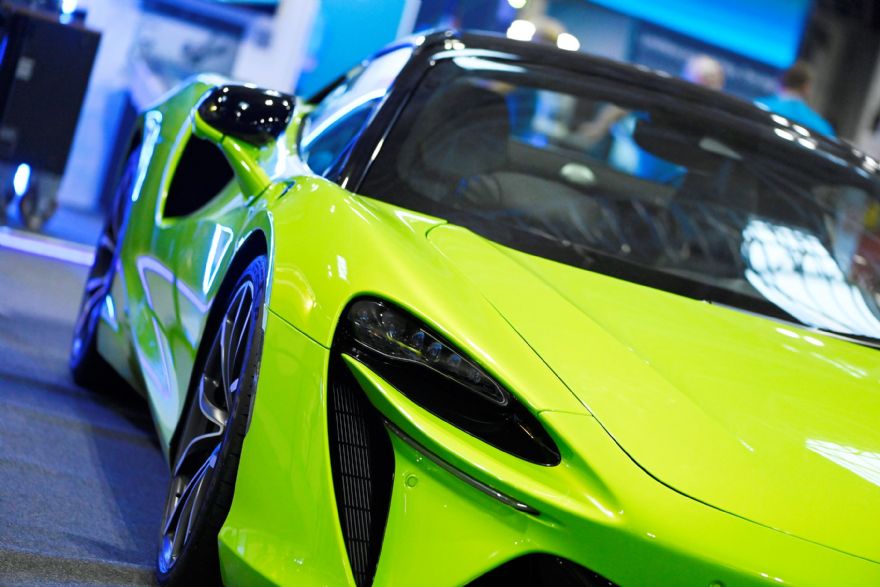
Electrification is no longer just about electric vehicles (EVs) — it is reshaping aerospace, logistics, and industrial machinery. From electric actuators replacing hydraulics to smarter, lighter systems in aerospace, the shift is driving innovation across industry sectors.
But with change, challenges inevitably follow. Supply chains are under pressure as manufacturers pivot from combustion and hydraulic components to electric drives and power electronics, borne out by a recent Make UK survey which shows how nearly 80% of firms are reconfiguring supplier networks to stay resilient.
The skills gap is widening too. By 2026, nearly 20% of UK engineers will retire, leaving a void in electrification expertise. Engineers now need cross-disciplinary knowledge — mechanical, electrical, and digital. Campaigns like #MINDTHEskillsGAP are pushing for industry-policy collaboration to upskill the workforce.
Electrification demands a united front. Technologies developed in aerospace could benefit automotive — for example, materials from robotics could enhance EV motors. That is why events like
Advanced Engineering, taking place 29-30 October at the NEC, Birminham, are vital — bringing together over 9,000 professionals to share ideas and spark innovation.
This year’s
Automotive, Mobility & Electrification Forum reflects the sector’s evolution, with speakers lined up from
Jaguar Land Rover,
Silverstone Technology Cluster, and many more.